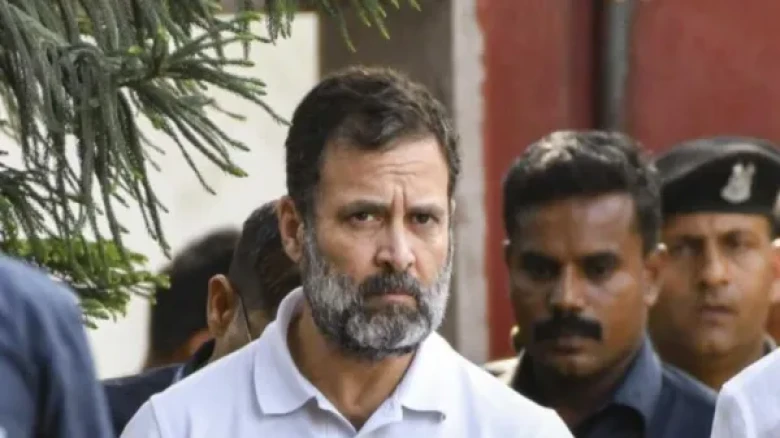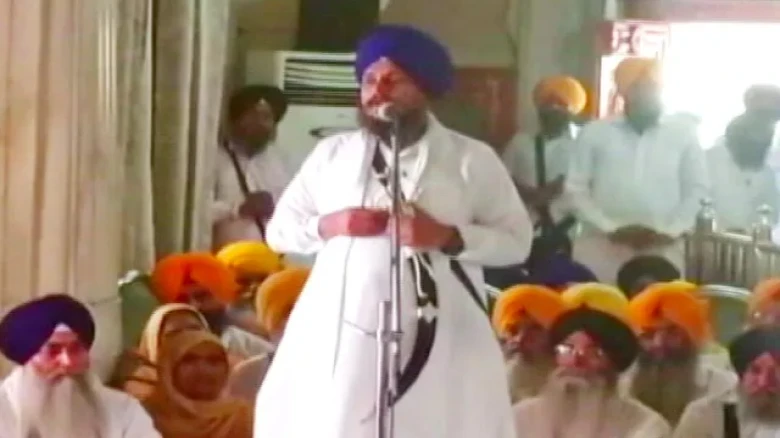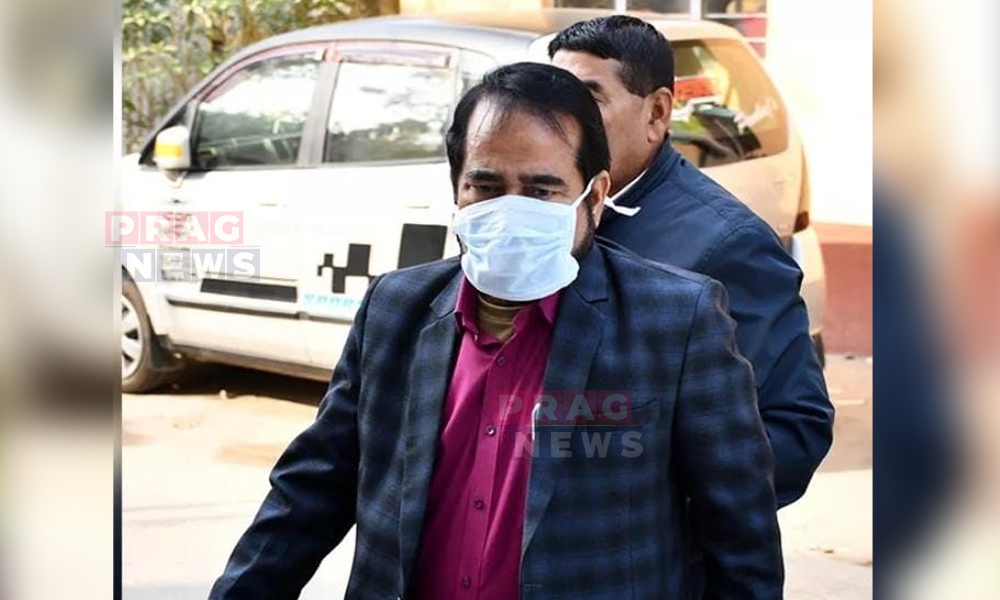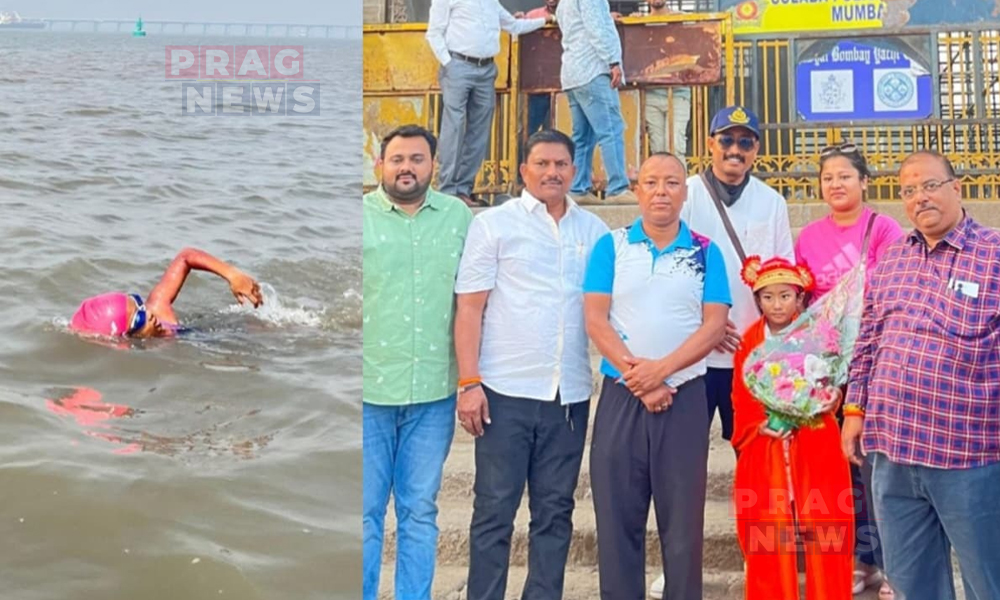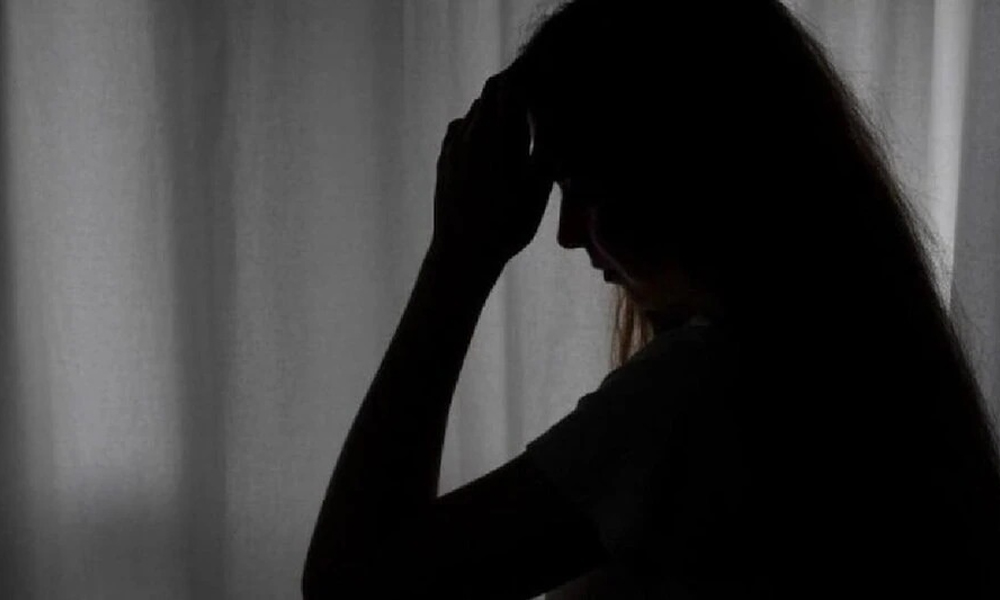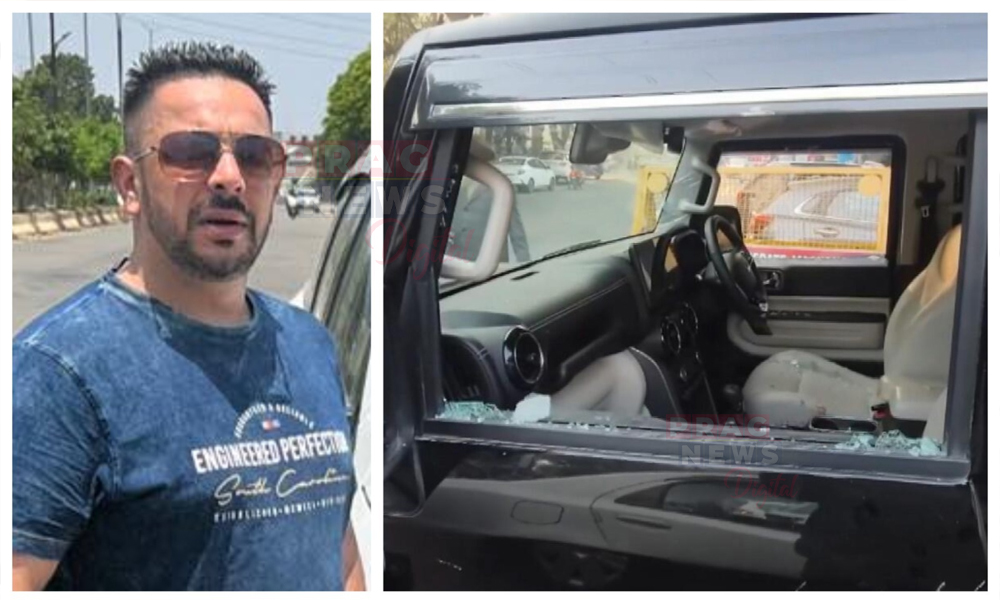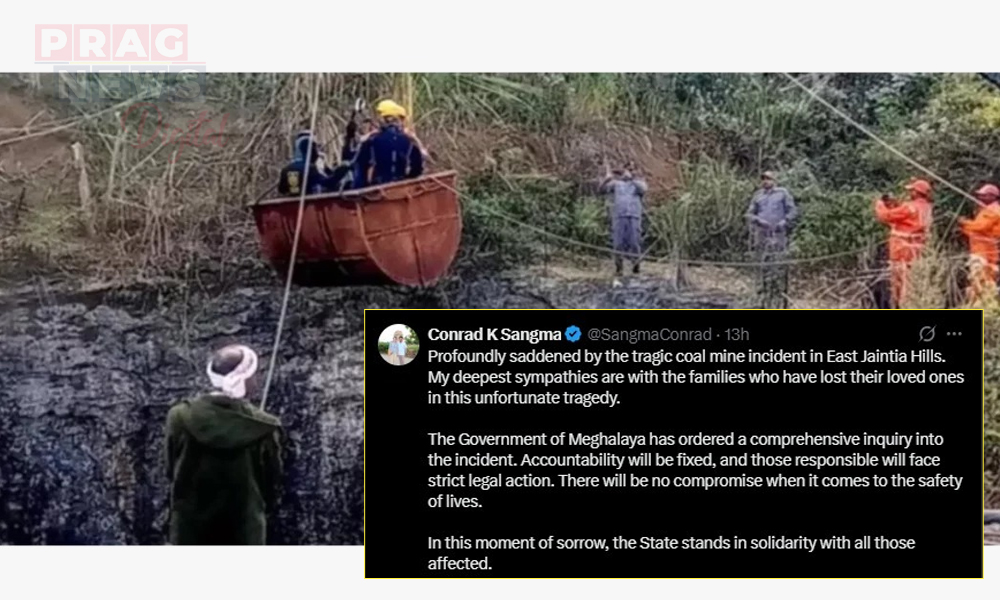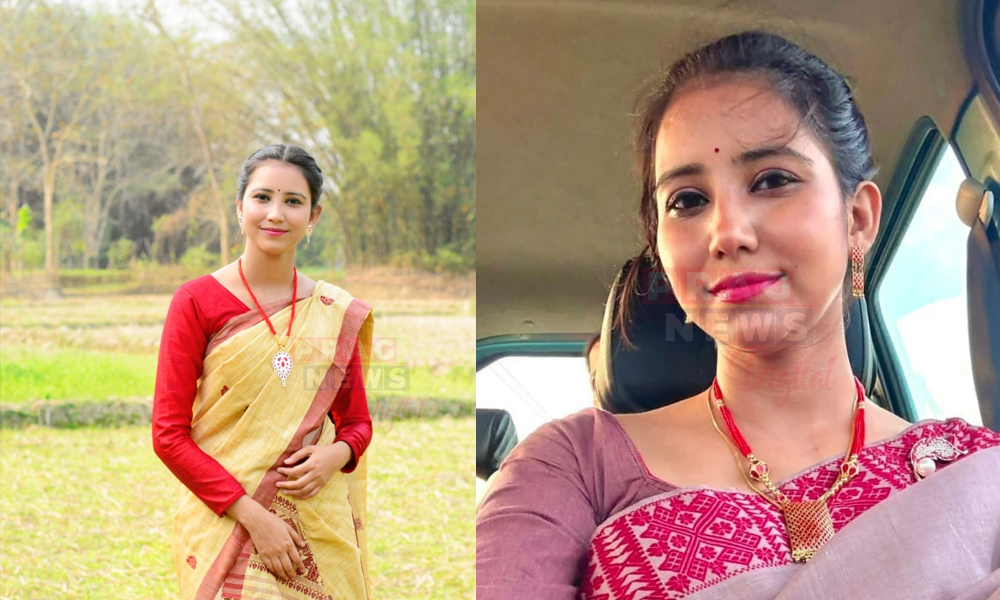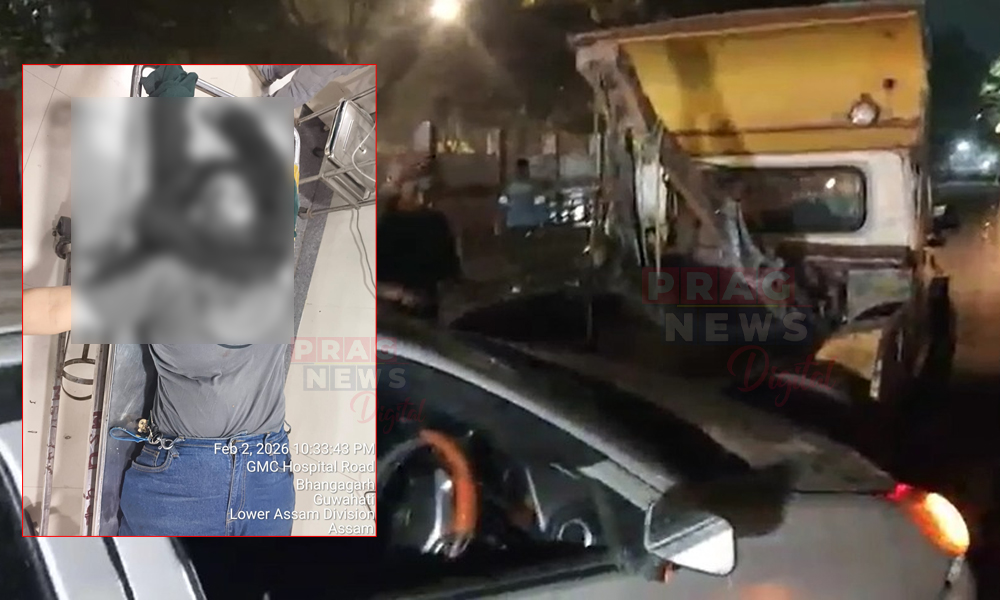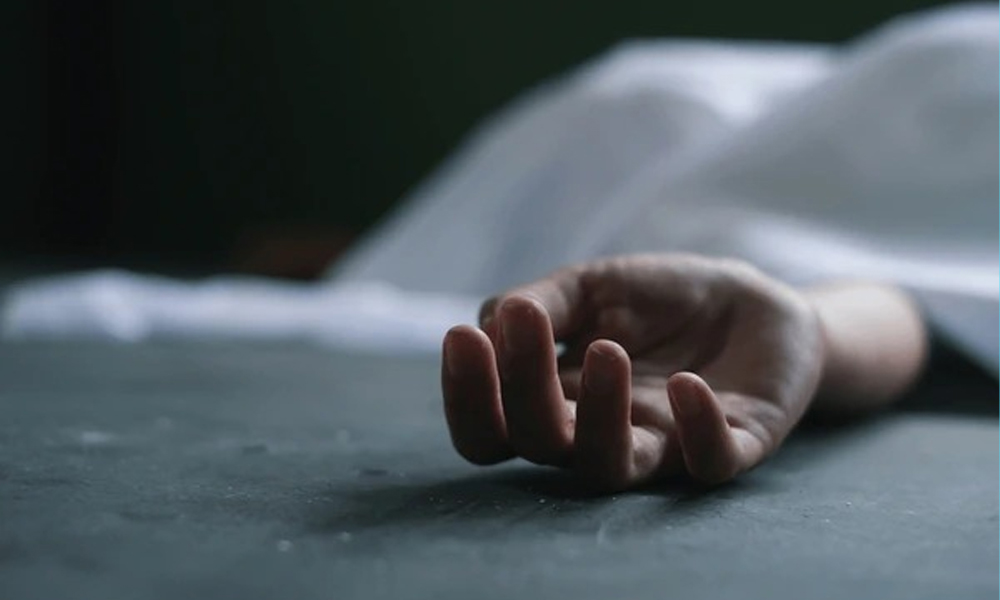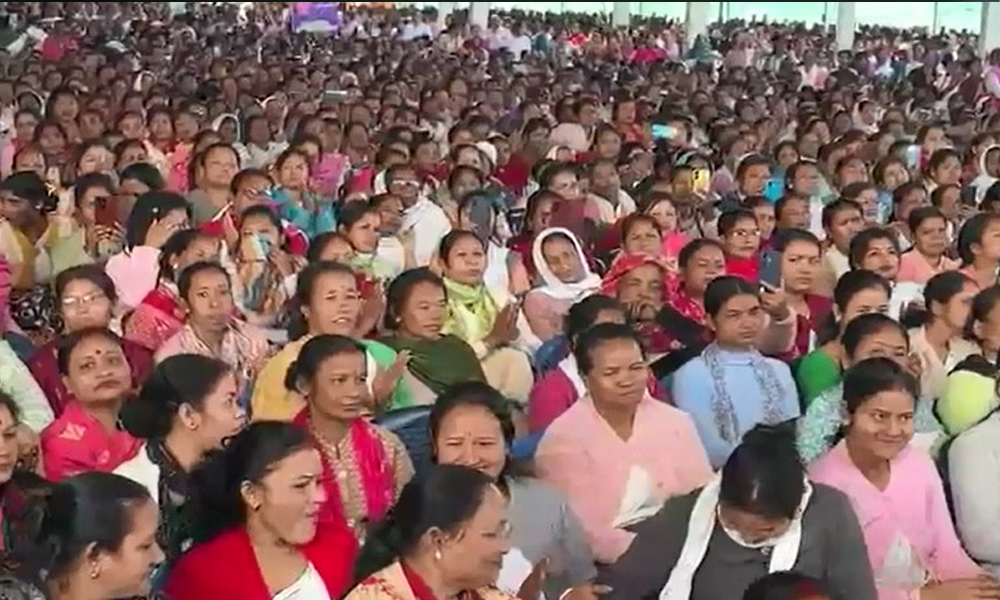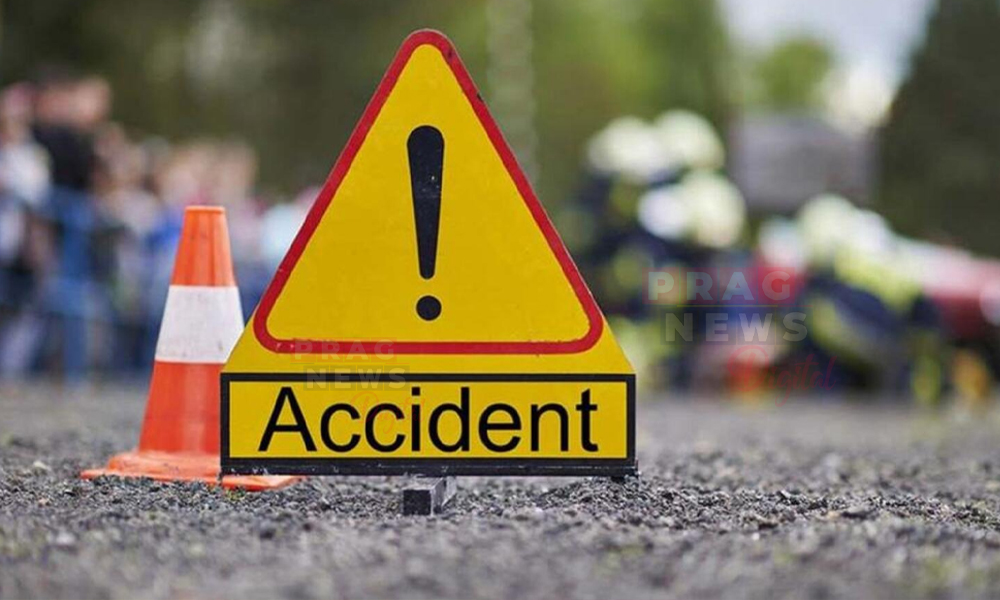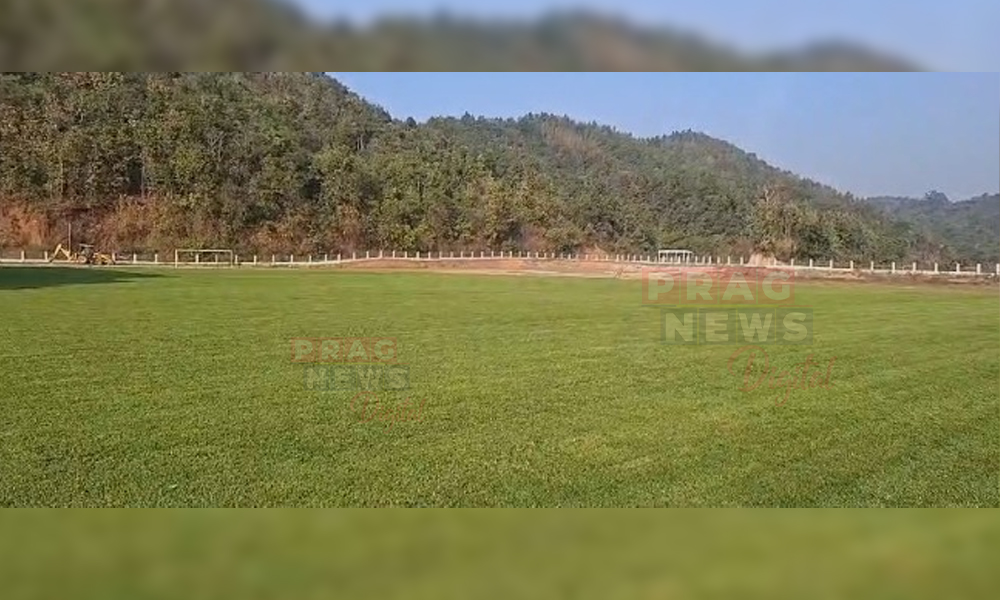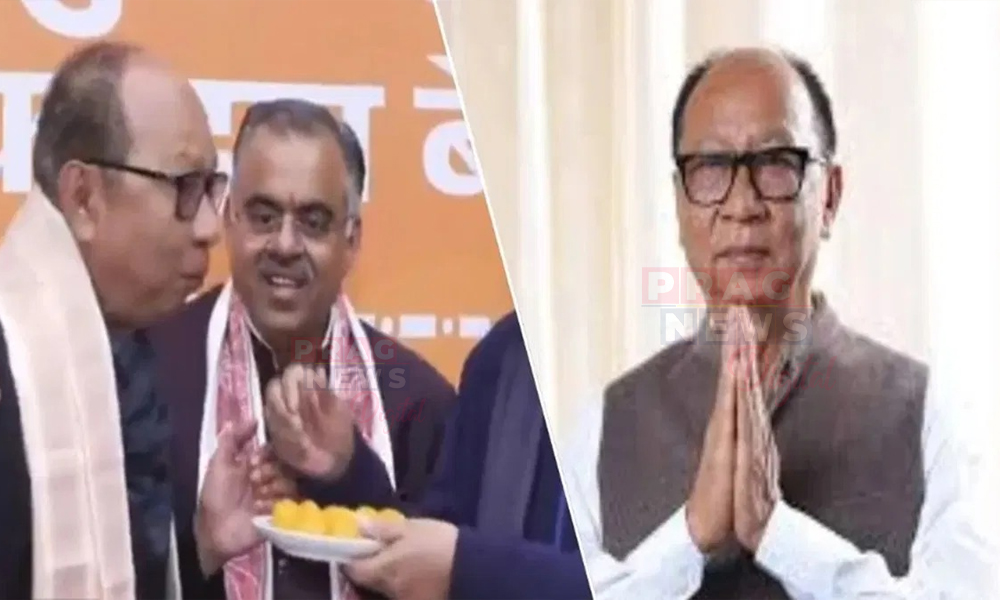Most private hospitals and nursing homes in the state have been closed for several days, and services in government hospitals have also been disrupted.
Digital
Desk: On March 24, Naresh Yadav, 30, arrived in
Jaipur from Alwar with his mother Lalita, 48, and other family members. The
family is still waiting for a coronary bypass surgery at the Sawai Man Singh
(SMS) hospital in Jaipur, Rajasthan's largest government-run hospital.
"We've been told that resident doctors are on
strike, so operations will be delayed for several days," says Chintan
Naval, kin of another patient awaiting surgery.
The state's
healthcare system remained disrupted on Monday, with doctors protesting for the
repeal of the Right to Health Bill, which they claim will impede their
operations, among other things. Last week, the state Assembly passed the bill.
Earlier in the day,
government doctors and other private healthcare professionals staged a massive
rally in Jaipur to press their demands, threatening that their hospitals would
no longer be included in any future state healthcare scheme.
Most private hospitals
and nursing homes in the state have been closed for several days, and services
in government hospitals have also been disrupted.
Chintan has spent the
last six days at SMS hospital, along with his brother Pramod Naval, awaiting
their father Ramchandra Naval's bypass surgery. Similarly, Khule Khan, 55, came
from Churu district with his brother Pappu Khan, 50, and others after Pappu
complained of severe chest pain.
“We had some tests
done in Churu itself to save time but doctors here told us that the tests will
be done again. However, due to the doctors’ strike the tests have been
delayed,” Khule says.
In the Neurology ward,
Rahul Saini, 22, of Jaipur’s Mansarovar, is suffering from Guillain-Barre syndrome
in his leg. “The doctors are still attending to us,” he says.
However, the usually
bustling ward barely has “6-7 patients who are serious and were already
admitted, down from the 40-45 that we usually have,” says a doctor who did not
wish to be named.
A family in the same
ward, who did not want to be identified, said, "We came here from Tonk on
March 23 and spent the entire day looking for a doctor." While the lines
at government hospitals were long, we went to private hospitals, but they were
closed, and we even went to doctors' homes, but they didn't entertain us."
After much wrangling,
the family was admitted to the SMS on March 24 "given the gravity of our
situation."
The figures have also
dropped at the hospital's Dhanwantri Out Patient Department (OPD). SMS
superintendent Dr. Achal Sharma explains why: "Patients themselves are
aware of the strike, so those with minor illnesses are not coming."
Second, we receive a large number of patients from neighbouring states. They,
too, have refused to come since the doctors' strike began."
The number of patients
in the Emergency Department has increased, which the hospital is
"somehow" managing. Sharma claims that this is due to the refusal of
most private hospitals in Jaipur to accept emergency cases.
"Right now, we're
more concerned about severe plus acute cases than elective cases (where surgery
is planned ahead of time, usually for a non-life threatening condition)."
The absence of
approximately 800 resident doctors at SMS demonstrates the gravity of the
situation. The hospital, located in the heart of Rajasthan's public healthcare
system, is staffed by 236 faculty members, as well as about 100 medical
officers and senior residents; the faculty, too, supported the protests by
going on strike for two hours on Monday.
According to the state
government, there are approximately 1800 resident doctors in SMS and its
affiliated hospitals, with an additional 2,500 elsewhere in Rajasthan.
The majority of the
resident doctors who had been on strike in Jaipur joined the massive rally on
Monday. The doctors left the Resident Doctors' Hostel at SMS around 11 a.m. and
walked through the Maharani College Tiraha, Ashok Marg, Panch Batti
intersection, Ajmeri Gate, and Albert Hall before returning to the hostel
around 2:30 p.m.
After the protest
march, the doctors "unanimously decided that the private hospitals will
not implement any government schemes, such as Chiranjeevi and Rajasthan
Government Health Scheme (RGHS), in the future," said Dr Vijay Kapoor,
secretary of Private Hospital and Nursing Home Society (PHNHS).
"If the Bill is
not withdrawn, it will be difficult to control the enraged medical
fraternity," he said.
Resident doctors are
concerned that the government will crack down on them. On Monday, Dr. Kapoor
led a delegation of doctors to SMS principal Dr. Rajeev Bagarhatta, requesting
that the protesting government doctors and residents "not be pressured,
and any action against them will only lead to more anger."
"We are not
afraid of any action," said Dr Chitresh Shekhawat, spokesperson for the
Jaipur Association of Resident Doctors (JARD). We are only discussing our
legitimate demands and specific points."
Monday was also
observed as a ‘Black Day’ by The Indian Medical Association (IMA), which had
announced a nationwide protest against the Bill to show solidarity with the
doctors in Rajasthan. The on-going week has also been declared as a ‘Black
Week’ by the Federation of Resident Doctors Association (FORDA) to protest RTH.
However, some private
hospitals in Jaipur, including the Mahatma Gandhi Hospital, JNU Hospital, and
NIMS Hospital, have refused to participate in the protests called by the
private hospitals. According to Chhaya Pachauli of the Jan Swasthya Abhiyan,
which was instrumental in the Bill's drafting, the number of protestors has
been inflated by including people who are not even doctors. Sharing an appeal
issued by a caste organisation, Pachauli asked “what is the link between a
caste and the RTH Bill? What advantages does the community stand to gain if the
law is suspended? "Why is a caste group urging its members to attend a
doctors' rally?"
Meanwhile, the government is focusing on getting resident doctors to return. A government official said that while the channels are “always” open and they are ready to engage with private doctors and hospitals, “they should understand that there is a process to the law, it can’t be rolled back by the state government.”




